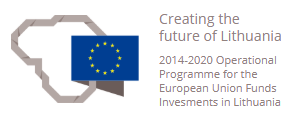Project idea
The research project contributes to explanation of the middle-income trap in the Baltic States. It studies the middle-income trap from a political perspective. From this perspective the project seeks to reveal the link between political factors and the transition of the Baltic political economies from resource and low-cost driven economic growth to high-skill, innovation and productivity driven economic growth. At the empirical level, the project analyses policy preferences of socio-economic groups and coalitions, and their interest representation at three levels of politics: electoral socio-economic groups politics, organized interest groups politics and informal politics, and in three policy spheres that are closest related to economic transition, notably, market-strengthening, innovation and education. The project will demonstrate what socio-economic or interest groups dominate politics in the Baltics and how they shape economic transition policy making and implementation.








